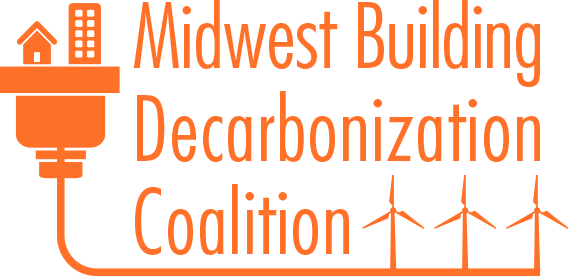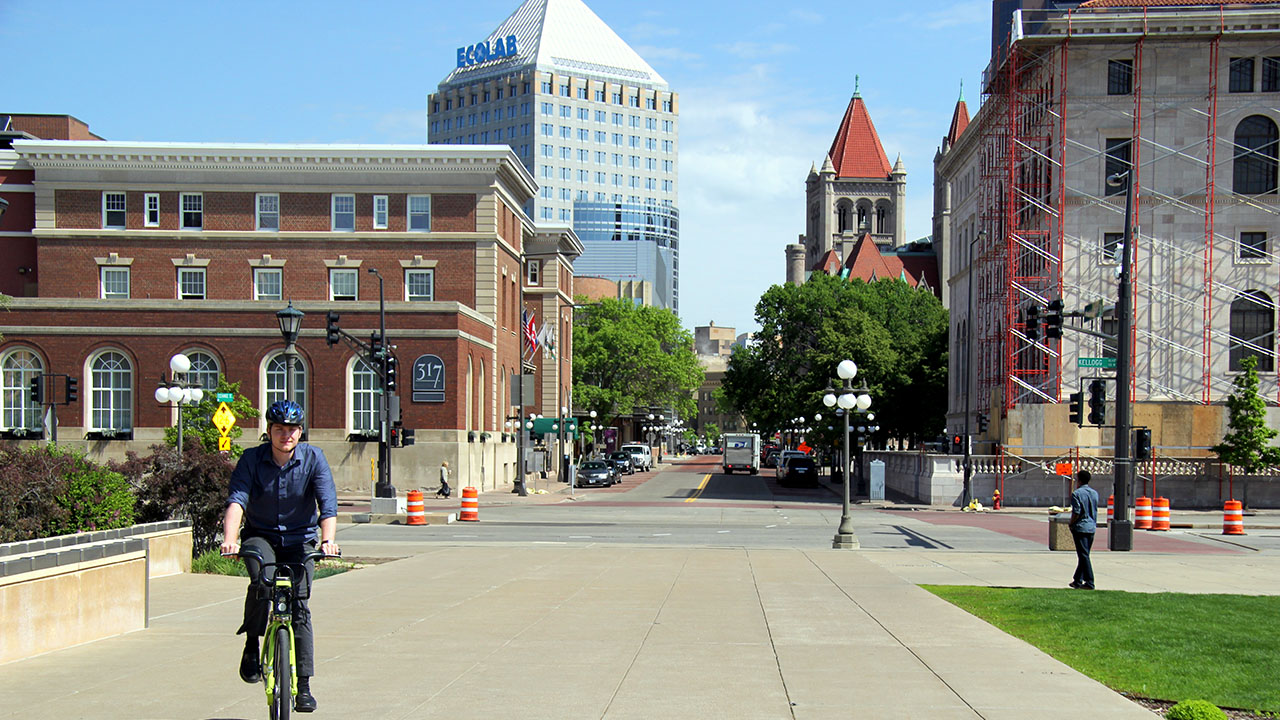
Buildings are a top source of carbon pollution—both globally and in Minnesota—contributing 40 percent of U.S. greenhouse gas emissions. And while Minnesota’s electricity and transportation sectors are getting cleaner, pollution from buildings continues to grow every year.
Fresh Energy recognizes that to address climate change, as well as public health and energy burden inequities, we must improve our existing residential and commercial building stock and build smarter and cleaner new buildings for the future.
We know how buildings can operate without carbon pollution and we are working on multiple pathways to get there.
Modern energy efficiency
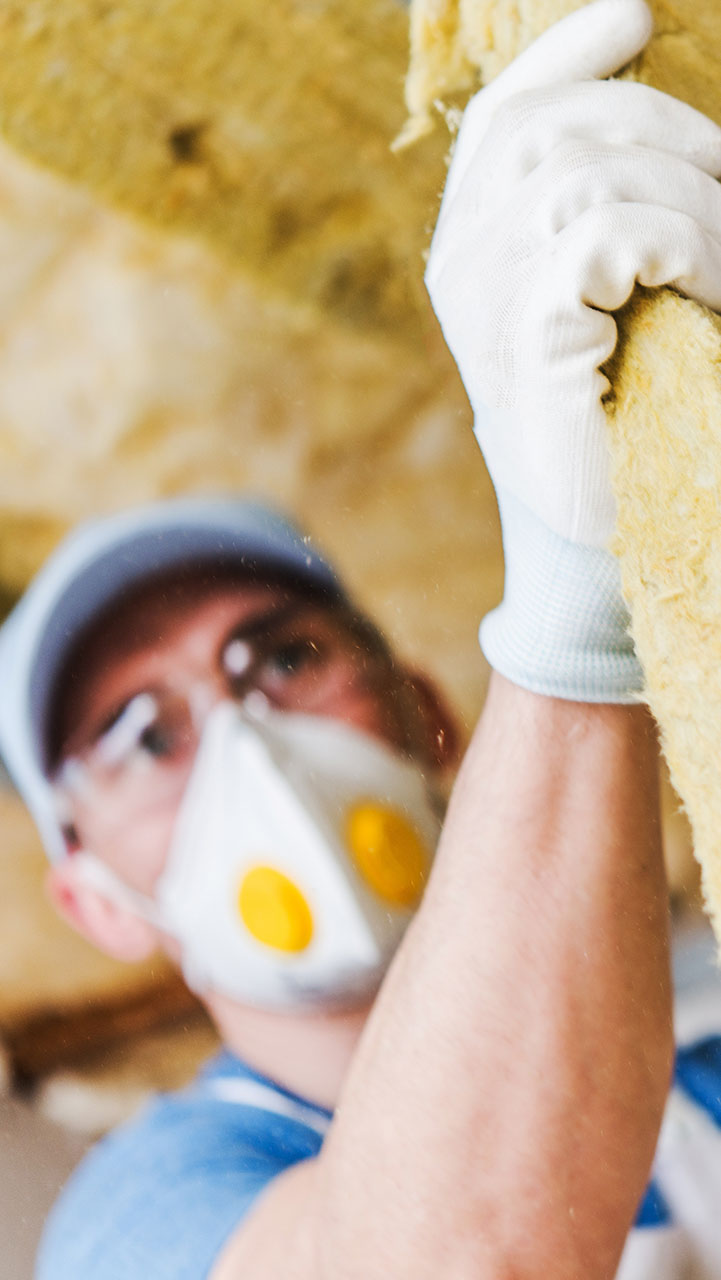
Most of the buildings on our landscape today will be here for decades. That means we must act to reduce energy use in structures of all kinds, using the many new tools available, from building management systems to next-generation insulation and conversion to super-efficient heating and cooling powered by clean electricity instead of fossil fuel.
Our work: Fresh Energy actively shaped and advocated for major new energy efficiency legislation in 2021. This new law, the ECO Act, raises Minnesota’s overall commitment to energy conservation while also dramatically increasing programs for under-resourced communities and expanding to include new innovations such as electrification. In 2022, we will be working hard at the Public Utilities Commission to make sure those programs are effectively implemented by state utilities. As federal infrastructure funds flow to the state we also will actively advocate using new efficiency resources in a way that is transformational, equitable, and spurs new job-creating opportunities.
Better building codes
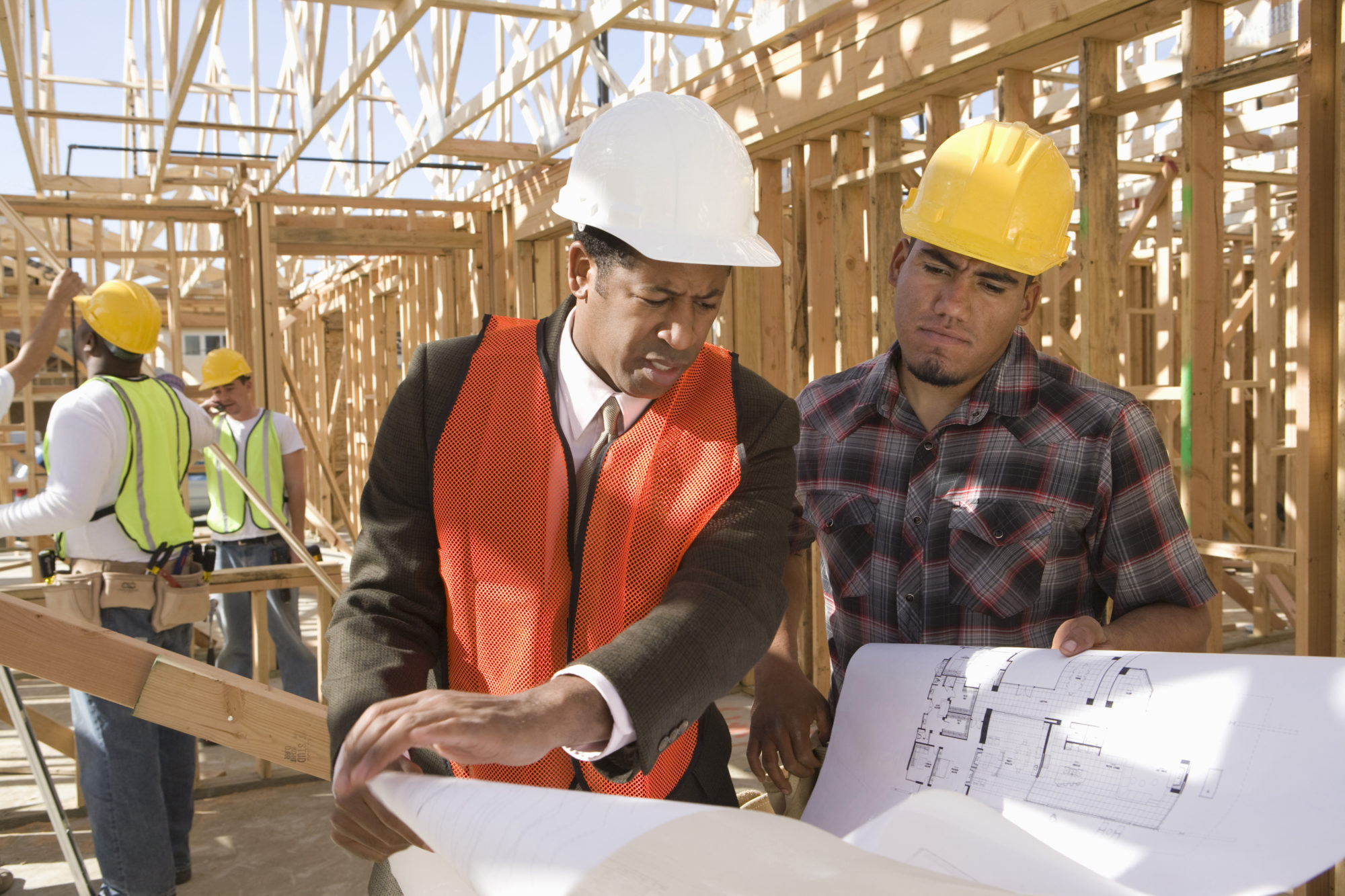
Every new building in Minnesota could be constructed so efficiently it can be operated with just a small amount of renewable electricity. Unfortunately, building “to code” in Minnesota falls far short of that goal.
Our work: Fresh Energy is committed to improving both the residential and commercial building codes in Minnesota, moving our state from laggard to leader in building codes that require super-efficient envelopes and clear pathways to carbon-free or net-zero construction. Working in arenas dominated by interests focused on short-term costs and business as usual, Fresh Energy is building coalitions with cities, code compliance managers, realtors, housing developers, affordable housing leaders, and others to create a shared commitment for change. Fresh Energy is working as part of the International Code Council to shift toward full decarbonization. At the local level, we are working with communities to promote better-than-code requirements for publicly supported projects—and we are promoting proof-of-concept projects that demonstrate the long-term financial, health, and environmental benefits of carbon-free buildings.
Transitioning away from fossil gas
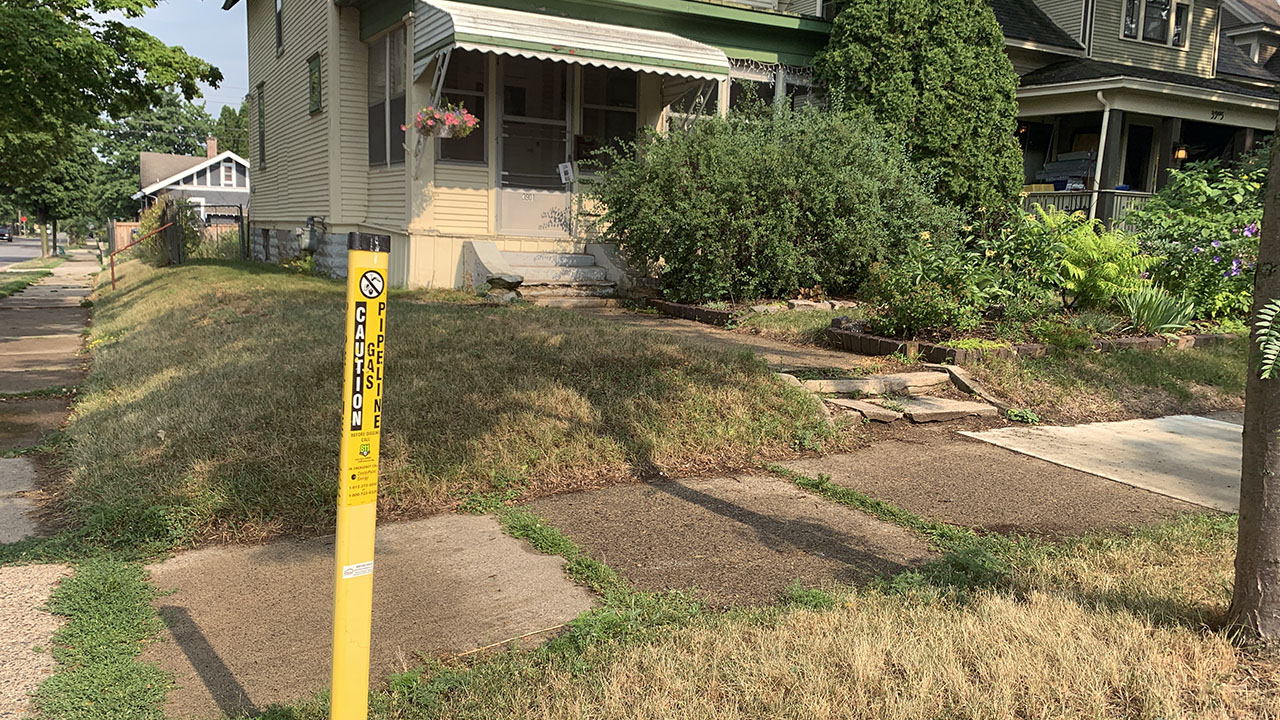
When it comes to reducing carbon emissions and air pollution from buildings, our fossil gas system is the elephant in the room. Minnesota has spent decades incentivizing a fossil gas system that runs underground through communities and into homes, industries, and commercial buildings. Powerful greenhouse gases leak from gas lines and when we combust this fossil fuel in gas appliances it emits still more pollution that threatens public health as well as the climate.
Our work: In 2021, Fresh Energy helped secure the Natural Gas Innovation Act, legislation that creates new transparency and opportunities to shape future gas utility investments in Minnesota. We created a new director-led Gas Decarbonization program and are already actively engaging at the Minnesota Public Utilities Commission to shape utility plans and programs. Our work to move Minnesota from coal plants to clean electricity provides an important playbook for using legislation, regulatory action, and market-based strategies for change. Minnesota’s increasingly carbon-free electric system also serves as a vital new fuel source for buildings and industry. Addressing the fossil gas system is the next big step in reducing carbon emissions and air pollution in Minnesota, and we are in the national spotlight for these efforts.
Midwest Building Decarbonization Coalition
The east and west coasts are advancing new ways to cut carbon from buildings—but the politics, and the climate, are different in the Midwest. As states and communities across the region work to secure new levels of efficiency, improve building codes, stop incentives for fossil gas, and other strategies, there is much we can learn from each other.
Our work: Fresh Energy founded and continues to incubate the Midwest Building Decarbonization Coalition, which now includes more than 200 organizations and individuals, with an equity-centered approach. As we reduce carbon emissions and air pollution from buildings, we must deliberatively center under-resourced communities that already face poor air quality and financial burdens from energy bills. To date, the Coalition has brought a new level of collaboration around carbon-free district heating systems, affordable housing financing, advanced water heaters, all-electric building retrofits, and other topics in a region.
Our imperative: carbon neutrality, economy-wide
Fresh Energy is committed to using high-impact, equitable solutions to achieve carbon neutrality across the economy. Our work on buildings is one of the areas that most requires a variety of strategies at the local, state, and regional levels, with new opportunities from federal investments that can further spur progress. Reducing carbon emissions has the potential to improve health, create new business opportunities and jobs, and reduce costs over the long term.
Fresh Energy’s work on buildings is led by our Energy Transition team along with Energy Access and Equity staff. Stay tuned for more sector snapshots describing Fresh Energy’s approach to swiftly, and equitably moving Minnesota to a just, carbon-free future.

